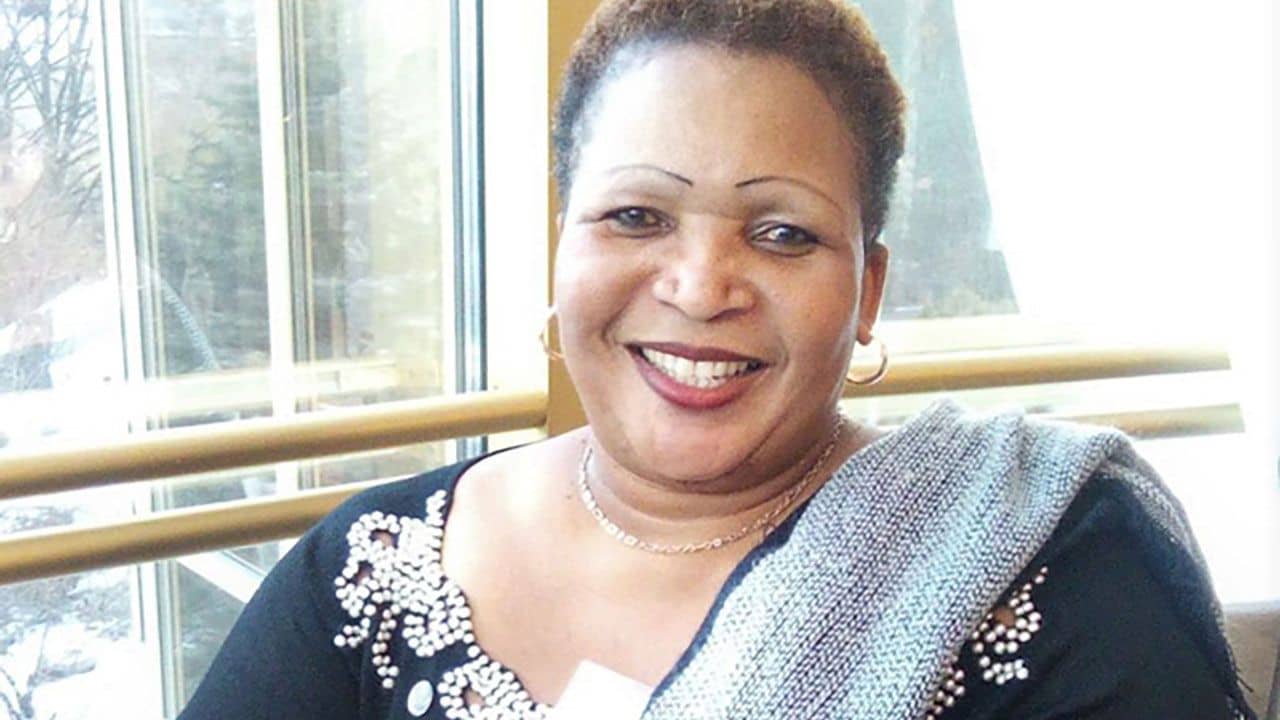***46th PGA Annual Forum and 4th Consultative Assembly of Parliamentarians for the Oceans, 26 - 27 March 2026, Mexico City. *** REGISTER HERE

During PGA's International Council Meeting held on 19 March 2021, legislators around the world gathered to discuss threats to democracy in the face of the current global pandemic. The thematic discussion, sparked great interest amongst participants who highlighted the undeniable importance of safeguarding and respecting freedom of speech and information, human rights, the Rule of Law and democracy. In this respect, the European Parliament Vice-President, Mr. Fabio Massimo Castaldo, MEP (Italy), made a forceful intervention in support of human rights and democracy while stressing that Magnitsky-type sanctions are a crucial tool to halt serious human rights violation and bring perpetrators to account. Following his intervention, on 28 April 2021, he tabled two Written Questions to the European Commission and the European External Action Service (EEAS) concerning the expulsion and political persecution of PGA Member, Hon. Dorcas Sibanda and other Zimbabwean Members of Parliament.
Please see below the background information of the case and the Written Question tabled by Mr. Castaldo.
Before the elections were held in 2018, the Movement for Democratic Change (MDC) emerged as the main opposition Party formed by various groups: The Movement for Democratic Change-Ncube (MDC-N), the People’s Democratic Party (PDP), and the Movement for Democratic Change-Tsvangirai (MDC-T). Following the MDC-T president Morgan Tsvangirai’s death in February 2018, his co-vice-president Nelson Chamisa became the president of this Party and was instructed to lead the MDC-T with the President of MDC-N, Welshman Ncube, and the President of the PDP, Tendai Biti. However, upon Chamisa’s victory as the MDC-T leader, Thokozani Khuphe announced in March of the same year that she was leaving the Party as she did not agree with the outcome of this election, and established a splinter party that retained the MDC-T name and logo.
On 30 July 2018, general elections were held in Zimbabwe, and Chamisa, Ncube, and Biti contested together as the MDC-Alliance faction, while Khuphe contested on behalf of MDC–T (Khupe). There were 210 contestable seats in the National Assembly, where the ZANU-PF Party, led by current President Emmerson Mnangagwa, obtained 144 seats, while the MDC-Alliance, led by Nelson Chamisa, obtained 64. The other two seats were secured by an independent candidate and the National Patriotic Front (NPF).
Despite the MDC-Alliance appeared on the ballot paper, and the MPs campaigned using this Party name instead of the MDC-T, at the peak of the global pandemic in March 2020, a Supreme Court judgement ruled that the MDC-Alliance’s rise to power was irregular and recognized Thokozani Khupe as the legitimate successor to the MDC-T (now led by Douglas Mwonzora). The rule of the Supreme Court meant that the MDC-Alliance lost its leadership at the National Assembly and MDC-T started expelling MDC-Alliance MPs and Councilors from Parliament.
Hon. Dorcas Sibanda, a member of the MDC-Alliance, denounced that, on 1 October 2020, the MDC-T removed her and ten other opposition leaders who aligned themselves with the party leader Nelson Chamisa. These legislators were expelled based on Section 129(1)(k) of the Zimbabwean Constitution, which stipulates that “a Member of Parliament loses his/her seat if he/she ceases to be a member of the Party under which they were elected.” As of today, a total of 42 Members of Parliament and Councilors from the MDC-Alliance have been recalled. Members from this Party have argued that the ZANU-PF created the surrogate opposition MDC-T to disturb the MDC-Alliance. It is no longer a fight between factions in the opposition but a fight by the ruling Party to dismantle it and move towards a one-party regime.

Hon. Dorcas Sibanda has appealed such decision at the High Court of Zimbabwe. Unfortunately, the High Court Registrar has proceeded to inform the Supreme Court that, together with other MPs, Hon. Sibanda has failed to pay the related litigation costs due to lack of funds, and therefore, the matter will most likely be abandoned and dismissed.
Hon. Dorcas Sibanda has been a longstanding human rights champion in her country, specifically on women and children’s rights and equal opportunities for the LGBTI collective. As a member of the Zimbabwean Parliament, Hon. Sibanda joined in 2009 Parliamentarians for Global Action (PGA), the largest global network of Members of Parliament advocating for Peace, the Rule of Law, Human Rights, Democracy, and Gender Equality. At PGA, she has contributed significantly to the Abolition of the Death Penalty and the Democratic Renewal and Human Rights Campaigns. Under the latter campaign, she is a founding member of the Parliamentary Rapid Response Team (PARRT): a small cohort of 11 committed legislators from different regions worldwide who have tackled symptoms of democratic decline and protected at-risk parliamentarians and human rights defenders.
Members of PGA and the Parliamentary Rapid Response Team have reached partners and other NGOs/organizations such as the Clooney Foundation for Justice, Global Rights Compliance, and the Electoral Institute for Sustainable Democracy in Africa, who may provide support and legal assistance in this respect.
In 2018 general elections in Zimbabwe the Movement for Democratic Change emerged as the main opposition Party. It was formed by various groups, MDC-N, PDP, and MDC-T, that contested together as the MDC-Alliance.
In March 2020, a Supreme Court judgement ruled that the MDC-Alliance’s rise to power was irregular and recognized Thokozani Khupe as successor to the MDC-T. The rule of the Supreme Court meant that the MDC-Alliance lost its leadership at the National Assembly and MDC-T started expelling MDC-Alliance representatives.
The expulsion are based on Section 129(1)(k) of the Zimbabwean Constitution, which stipulates that a MP “loses his/her seat if he/she ceases to be a member of the Party under which they were elected”. As of today, 42 MPs and Councillors from the MDC-Alliance have been recalled.